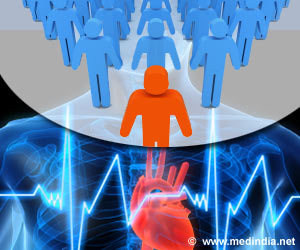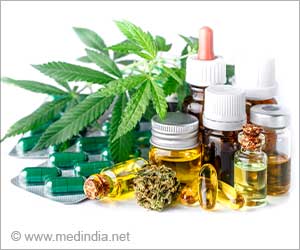Scientists have been trying stem cell therapy and gene therapy to stop the degeneration of heart function that occurs after a massive heart attack.

The Indian-American researcher said, "The doctors say- 'We'll give you the beta-blocker, aspirin and the Lipitor and we can just hope to maintain you', but short of them getting worse or getting a heart transplant, there's not too many options."
The procedure in Patel's phase 1 Food and Drug Administration (FDA) clinical trials include mixing the 'extracellular matrix' powder, a mixture of proteins and molecules isolated from heart muscle, with saline or water, and then injecting the mixture into the patient's dead heart muscle, and waiting three-to-six months to see if the patient's heart muscle regenerates.
Tim Henry, the director of cardiology at the Cedars-Sinai Heart Institute said, "It may sound like something out of 'Frankenstein', but the technology inspired by stem cell research is within our reach. Patel is clearly one of the most experienced stem cell people in the country."
Patel said, "Scientists have been trying stem cell therapy and gene therapy to stop the degeneration of heart function that occurs after a massive heart attack, but they haven't been much good at reviving completely dead scar tissue. If the clinical trials are proven successful, the therapy would likely also be cheaper than either stem cells or gene therapy."
Source-IANS















